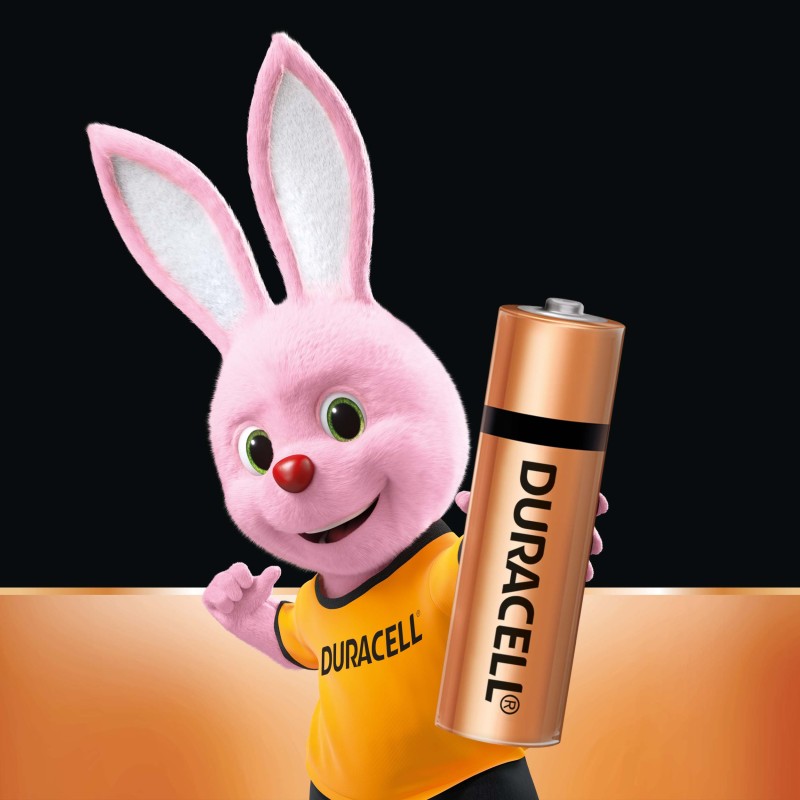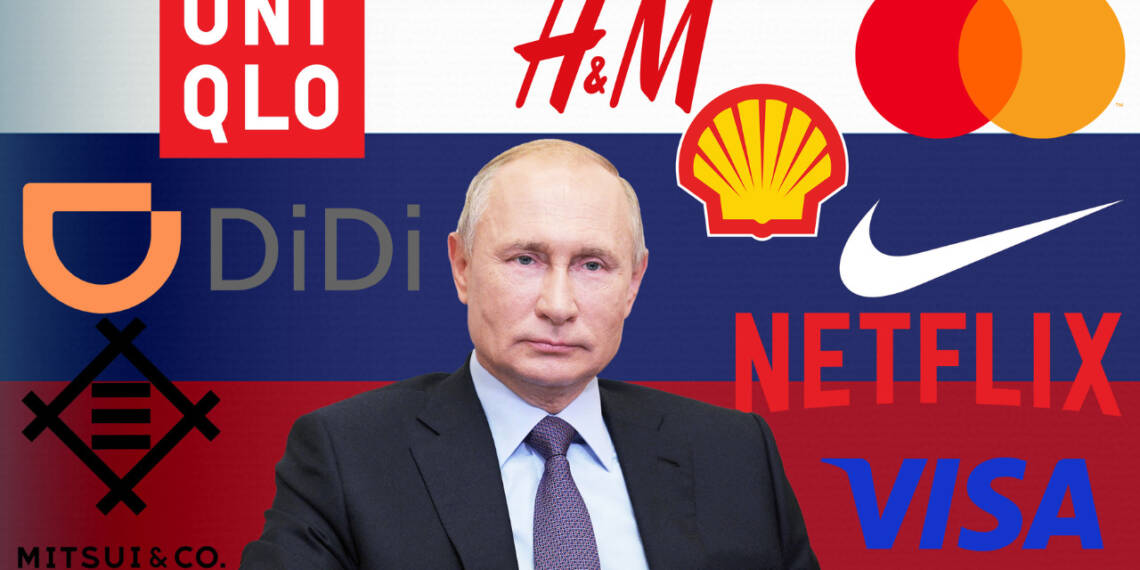Western companies that once hurriedly exited the Russian stage are now making a surreptitious return, donning fresh identities to regain their foothold. You might ask how? By using rebranding as a strategic smokescreen to reenter the Russian market, revealing an intriguing twist in the tale of international business dynamics.
The West thought of playing its hand by imposing a cascade of sanctions on Russia, hoping to strike a crippling blow to the Russian economy. However, the grand spectacle that analysts predicted—Russia collapsing within six months—remained a mere illusion. Instead, it was the Western companies that found themselves reconsidering their swift exit strategy.
Reappearance of Western Brands
Defying expectations, Western companies have found a way back into the Russian market. But here’s the twist: they’ve returned under the cloak of rebranding, adopting new identities to rekindle their presence. Take the case of US alkaline battery manufacturer Duracell, for instance. Exiting the stage with a flourish, Duracell is poised to make a rebranded return to Russia. Its batteries, once synonymous with the iconic Duracell Bunny, will now bear the emblem of a red bear under the name “Opticell.” And there’s more—the price of batteries will reportedly double, from 50 to 100 rubles ($0.5 to $1) apiece.

Read More: EU is All Set to Sanction yet Another Country
Duracell’s maneuver isn’t a standalone act. The déjà vu of rebranding antics brings to mind the tale of French company Danone. Renaming their famous Activia yogurt to “Take it easy,” and transforming Actimel milk drink into “Delicious. Healthy. It’s a deal,” Danone showed that changing names can be more than a mere linguistic twist—it’s a strategic dance into new markets
The Return of the Western Wave
But why this sudden dance of rebranding? When the Ukraine war erupted, Western brands hastily abandoned Russia, fearing impending doom for their economic prospects. However, as time unveiled a different reality, Western companies realized the magnitude of their losses—billions of dollars left on the Russian table. In the face of mounting financial woes and a collective loss of $300 billion, the West’s once-confident billionaires began to cry foul.

The losses became a wake-up call. Reports from RBC Daily showcased the staggering financial fallout—between $200 and $240 billion—stemming from Western businesses’ hasty exit or complete departure from the Russian market. While some corporations stood their ground, about 47 of the world’s largest companies chose to stay connected to Russia, conducting business even in the face of challenges.
Read More: EU forgets to sanction Russia
A Subtle Reentry
As the economic winds shifted, Western brands faced the harsh reality: it is time to reclaim lost ground. A cunning strategy emerged—rebranding for a second act. While the names may have changed, the game remains the same. The rebranded return of Western companies underscores a resounding truth: the allure of Russia’s market is undeniable, and the West is keen on capitalizing once again.
Watch More:








